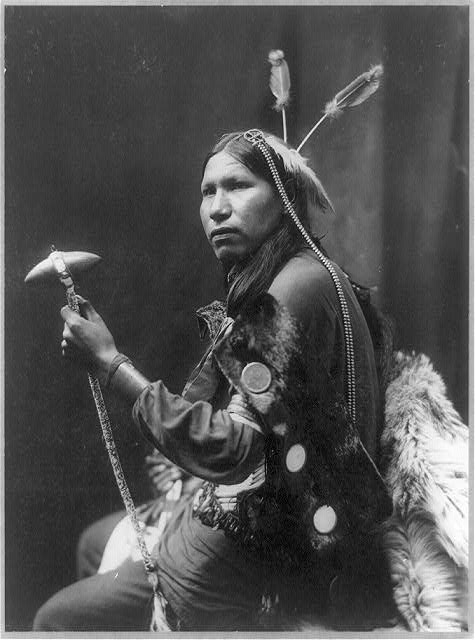Albert Afraid-of-Hawk was born Cetan Kokipa on the Great Sioux Reservation sometime between 1879 and 1881. His birth came at a time of tremendous change for the Sioux and other Plains Indians. Due, in part, to the expansion of the transcontinental railroad into South Dakota, the pressures placed on wild game populations by America’s westward expansion, and the implementation of the US government’s Indian reservation system, many of Albert’s fellow Oglala Lakota Sioux found themselves adopting lifestyles unimaginable to previous generations of their ancestors.
Sometime around the age of 19, Albert made his way to Omaha, Nebraska, and found work in one of Buffalo Bill’s Wild West shows. The touring ensemble traveled throughout the United States showcasing, among other things, Native American equestrian and marksmanship skills, as well as ceremonial dances.
In the summer of 1900, after performances in Hartford, New Haven, and South Norwalk, the show came to Danbury. While there it was learned that several of the performers, including Albert Afraid-of-Hawk, became ill from consuming a can of tainted corn. Albert died shortly afterward and was buried in Danbury. More than 100 years later, an extensive effort was undertaken to return Albert’s remains to Sioux lands in South Dakota.
Learn More in Connecticut Explored Magazine
To learn more about Albert Afraid-of-Hawk and the remarkable efforts to repatriate his remains, read Diane C. Hassan’s article, “Rediscovering Albert Afraid-of-Hawk” in Connecticut Explored magazine.
© Connecticut Explored. All rights reserved.
Note: ConnecticutHistory.org does not edit content originally published on another platform and therefore does not update any instances of outdated content or language.









